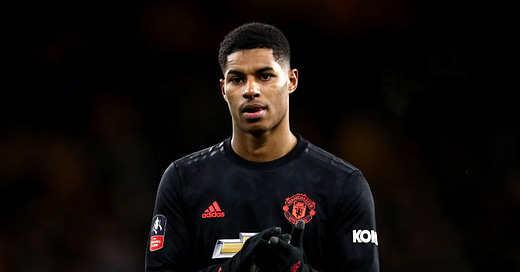Regulating psychological support: how much progress is football making?
Rhetoric still trumps regulation when it comes to mental health and performance
Nine months ago, I wrote an article about the regulation of psychological support offered to professional footballers playing in England. The premise was simple: despite the ever-increasing volume of press releases and social media campaigns devoted to mental health and performance, there was a paucity of regulation covering these much-trumpeted areas o…
Keep reading with a 7-day free trial
Subscribe to The Mind Room to keep reading this post and get 7 days of free access to the full post archives.


